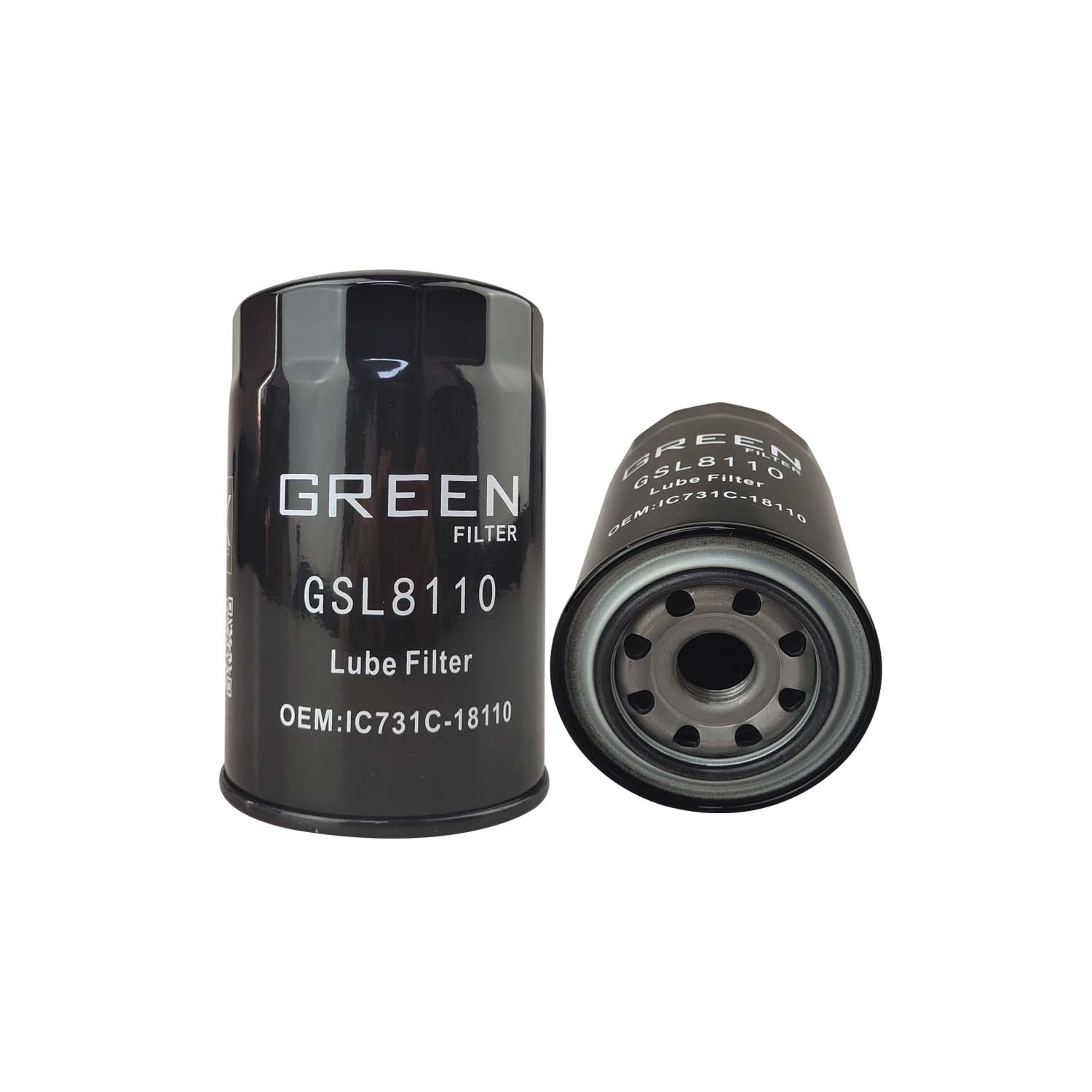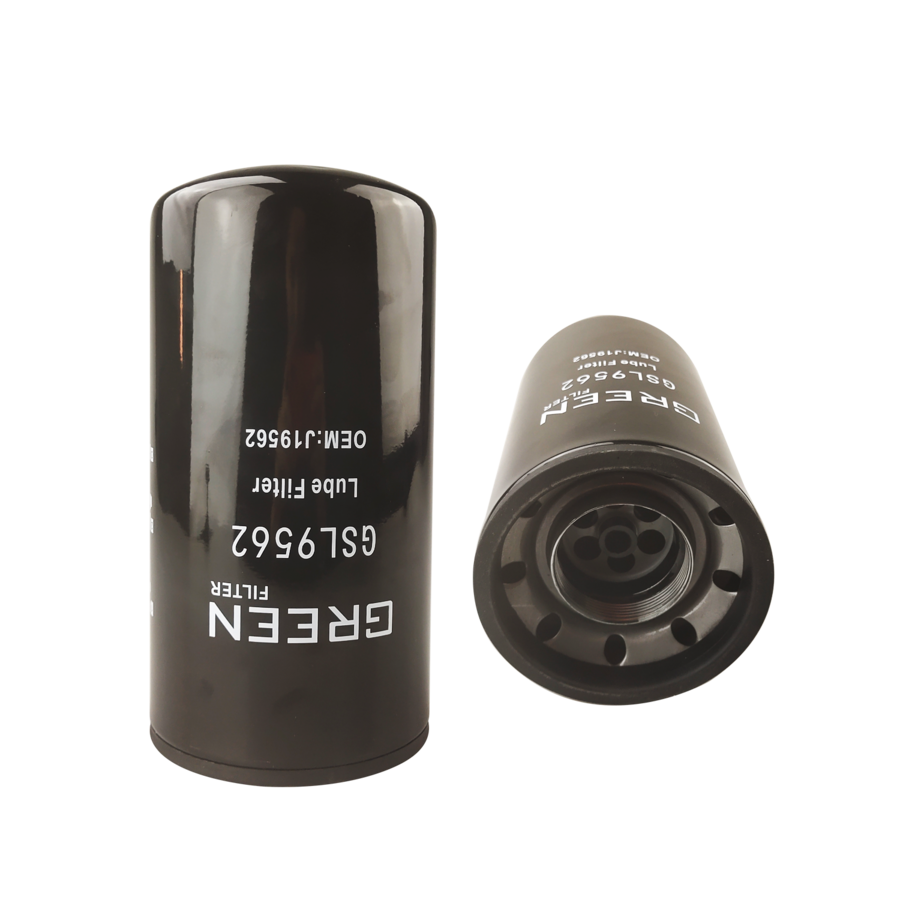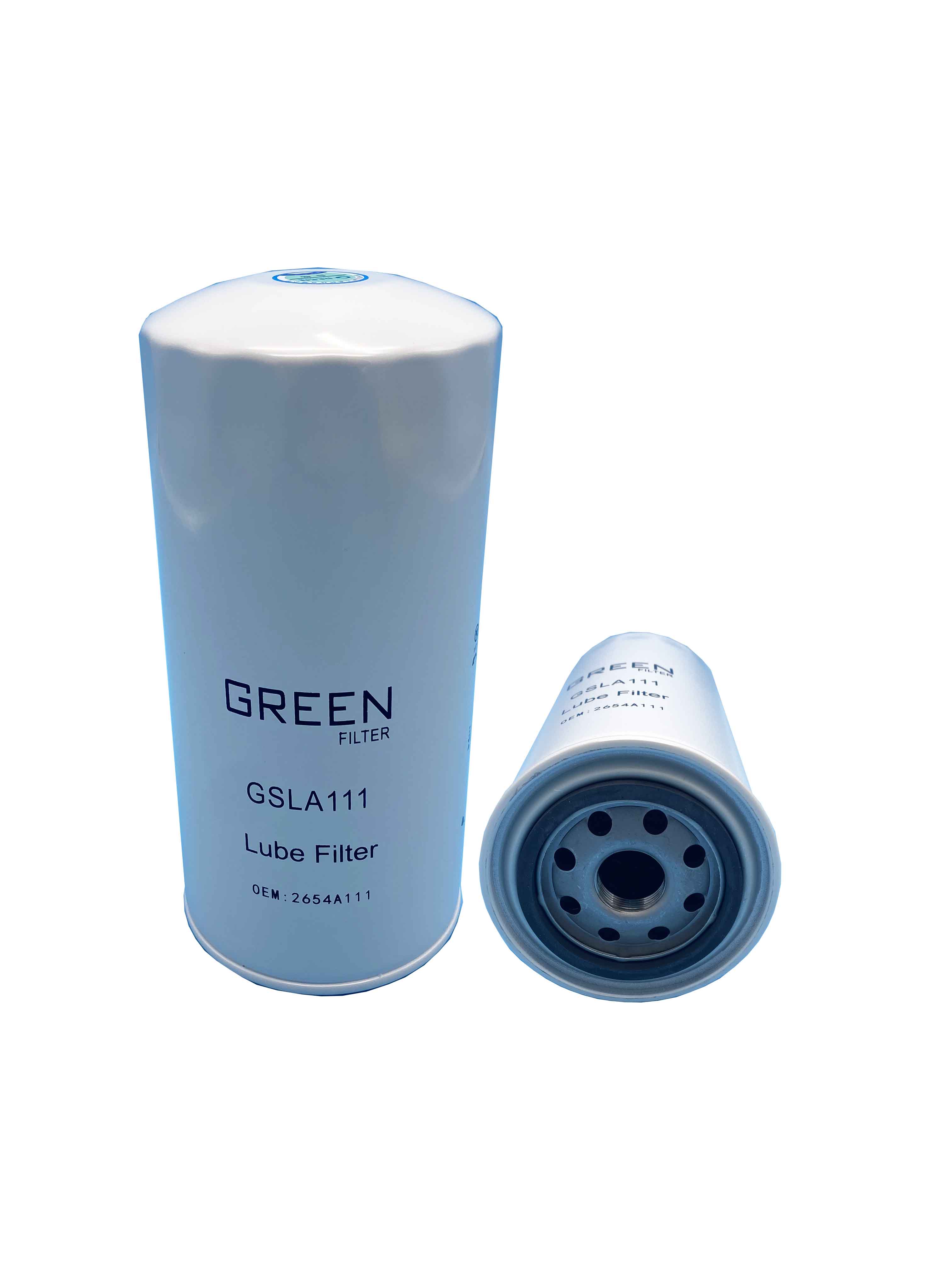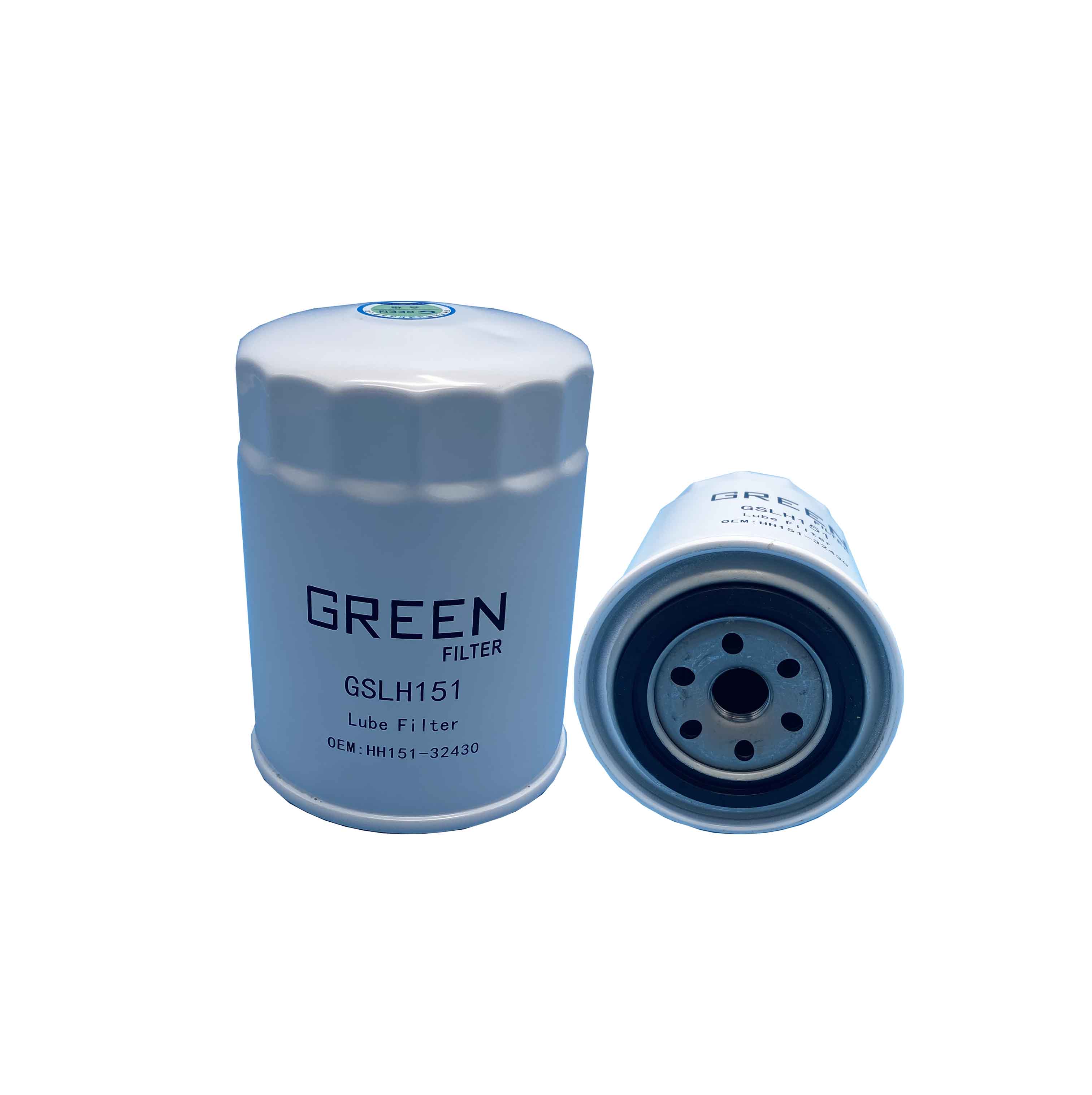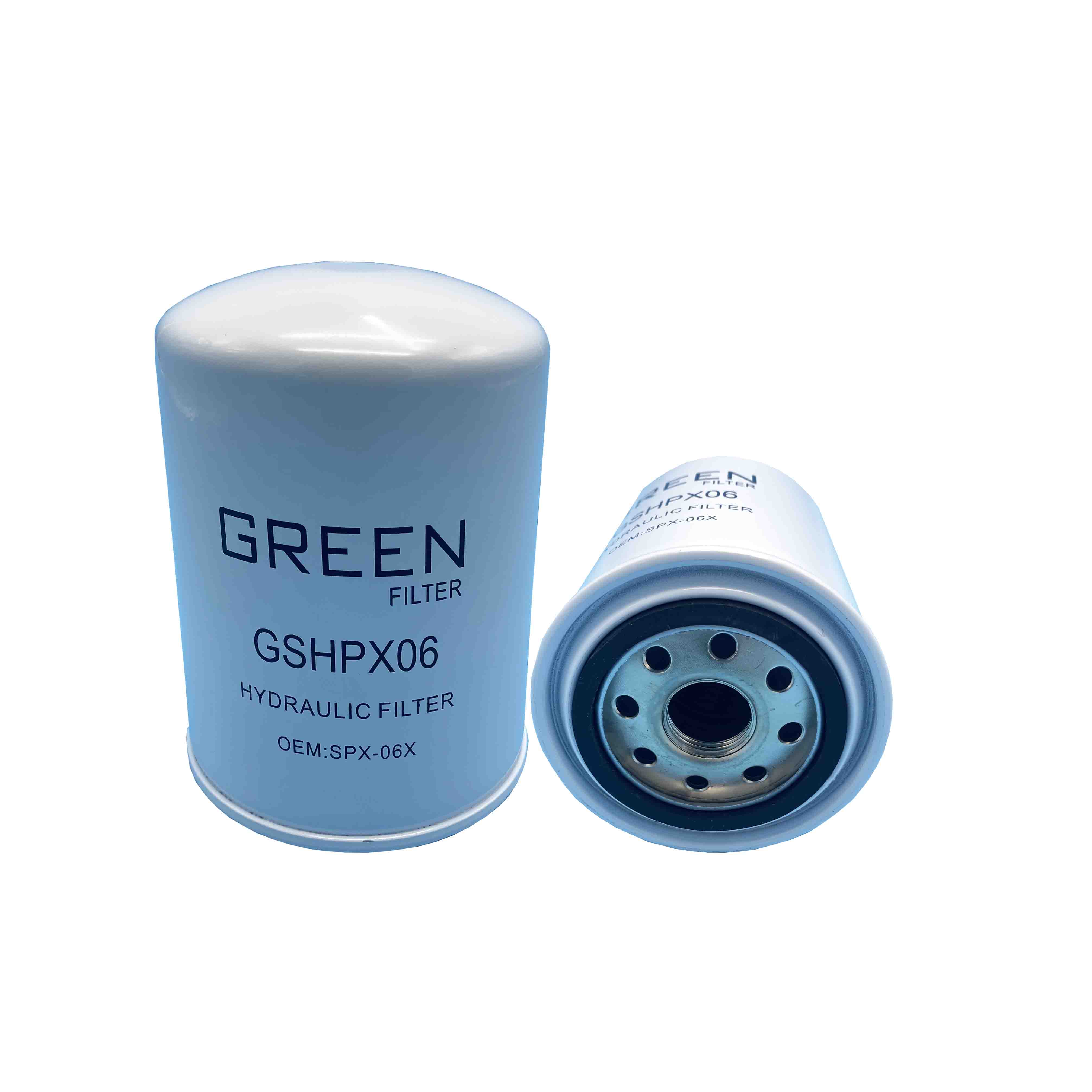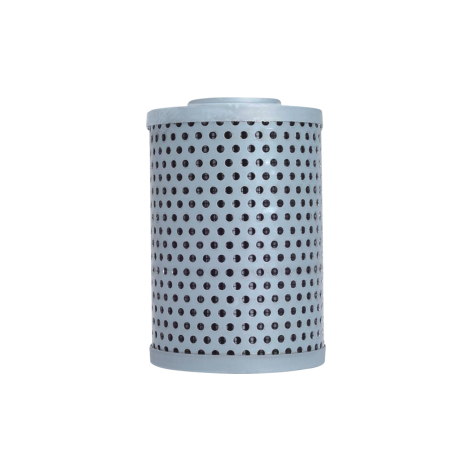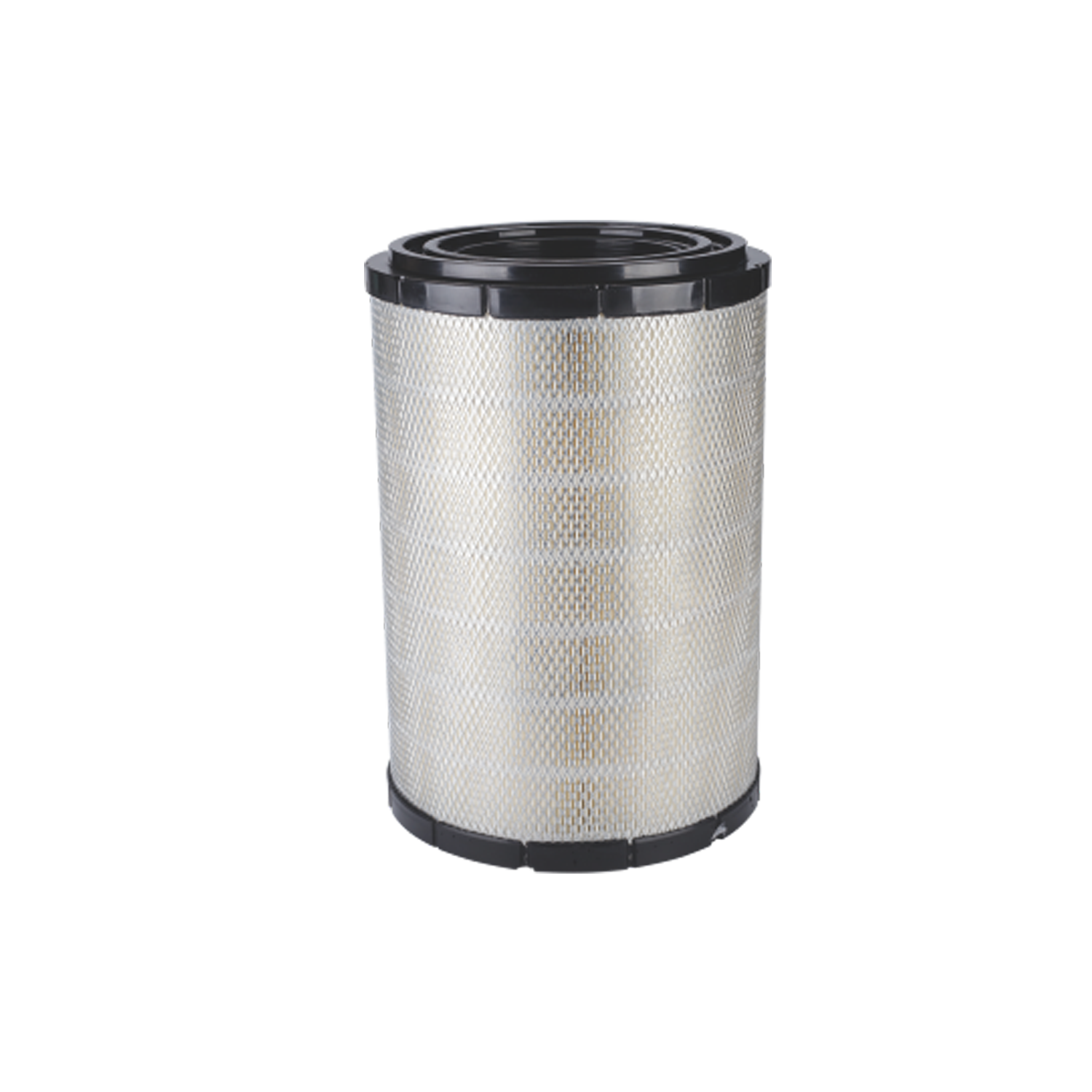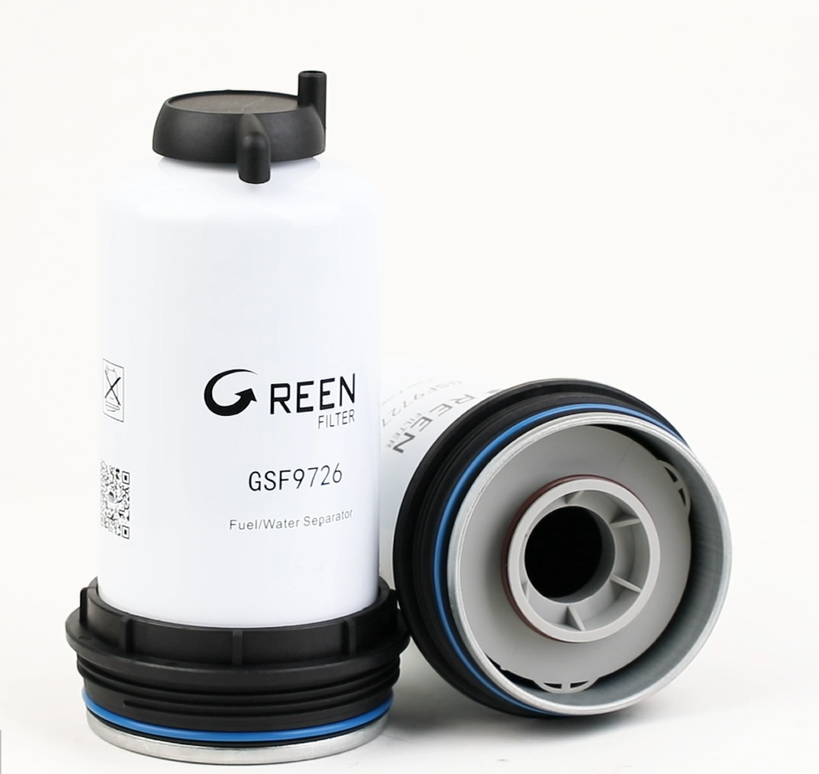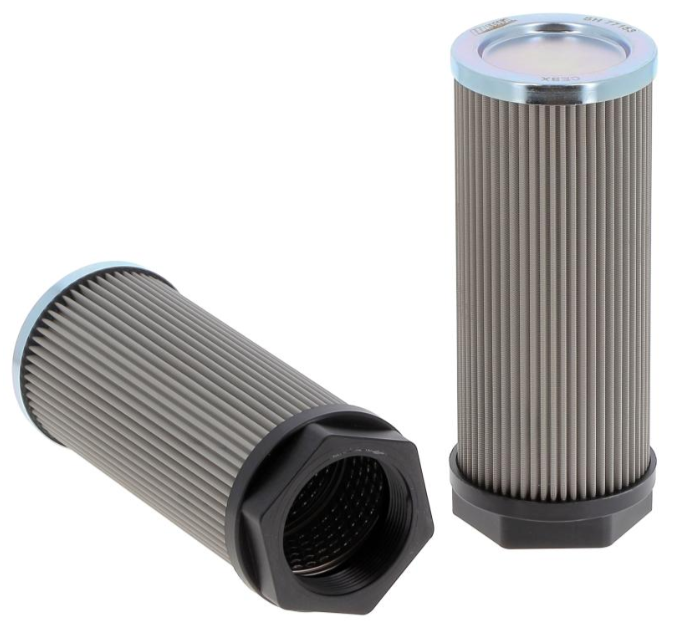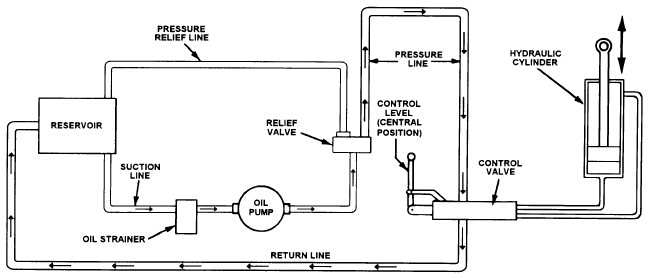Other Filters
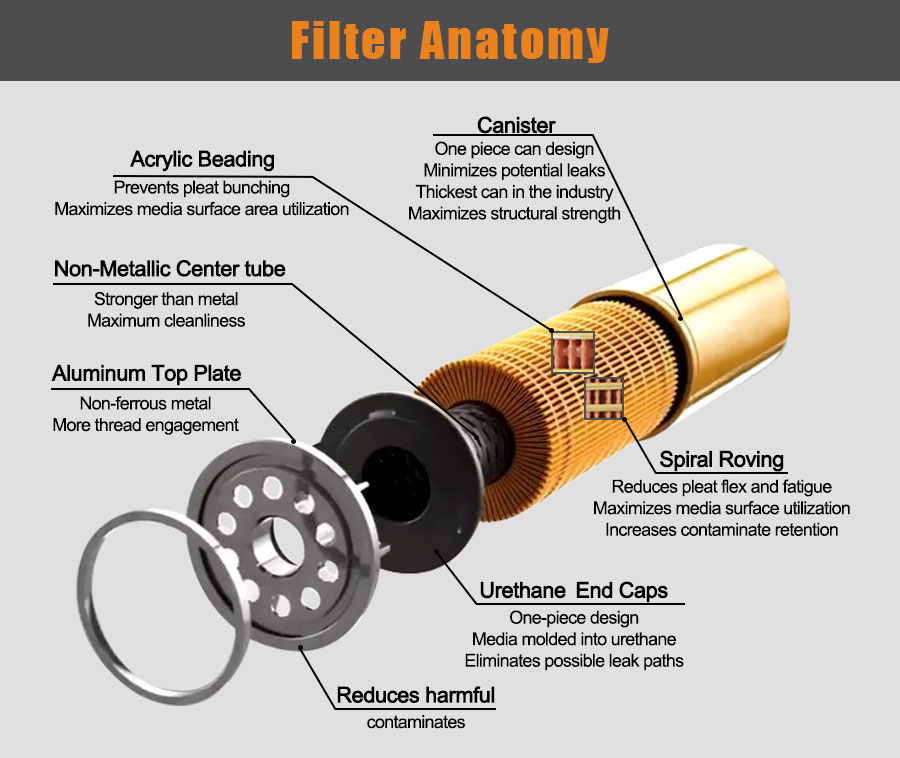
what is oil filter?
The data of Donaldson +WIX+BALDWIN+FLEETGUARD four international major factories is the most reference
Why these data come first: Donaldson's filter material type and filtration performance are the most referential, WIX's blasting performance is the most referential, BALDWIN's OE number is the most referential and so on.
All oil filter manufacturers make filters for the various private brand guys. Examples of filters made by others would include STP, Lee, Valvoline, Quaker State, Shell, Mobil 1, Bosch and Mopar. Champion Labs makes over 100 private label filters and more than a few original equipment (OEM) oil filters.
Most oil filters can remove more than 25 to 30 μm of particles. Some high-end, pricier filters, such as the Mobil Type 1 filter, can filter more than 10 μm. That's why I recommend you spend some money, because an advanced filter can extend the life of the engine, and that's where you put your money.
The quality of each filter can be measured in many ways, including how much waste (volume) the filter can hold before the bypass, general construction, internal valves and configuration, and whether the filter has a drainage return valve (if the filter element is on a corner, on one side or upside down) to avoid drying out.
In the filter, the bypass valve simply opens and closes to allow the oil to flow. The by-pass valve senses the difference between the oil pressure and the outlet. When the pressure difference exceeds 10-20 lb/sq inch for domestic vehicles and 25-35 lb/sq inch for imported vehicles, the by-pass valve closes the filter and sends unfiltered oil to the engine. The data shows that compared with imported filters, domestic cars will filter faster.
It is obvious that in cold starting, when the hydraulic shock passes through the filter, there is a large difference in the inlet and outlet pressure of the hydraulic system. Oil viscosity, temperature, filter quality, filter capacity, engine temperature and other factors will affect the oil filter efficiency in cold starting.
In short, if an automobile manufacturer says they want to use 5/30 engine oil, and the oil filter manufacturer knows about it, they will make it as good as 5/30 engine oil. If you add 10/40 to the suggested 5/30 engine, then you won't necessarily get the protection you need, plus, heavier peanut butter will also cause extra wear and tear on the engine.

